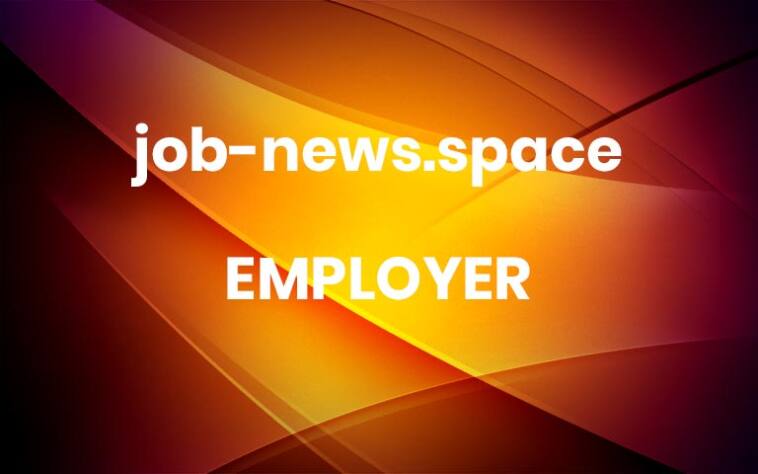What Are Software Engineering Recruiters Looking For on Applications?
As you will begin to notice in your job-hunting adventures, no two application processes are the same. When you’re preparing to apply to more than one company it is important to adjust your strategy accordingly. Application processes tend to vary by company, industry, and job level. It could be difficult to know how to make … Continue reading “What Are Software Engineering Recruiters Looking For on Applications?”
The post What Are Software Engineering Recruiters Looking For on Applications? appeared first on Job and Internship Advice, Companies to Work for and More | WayUp Blog. More



